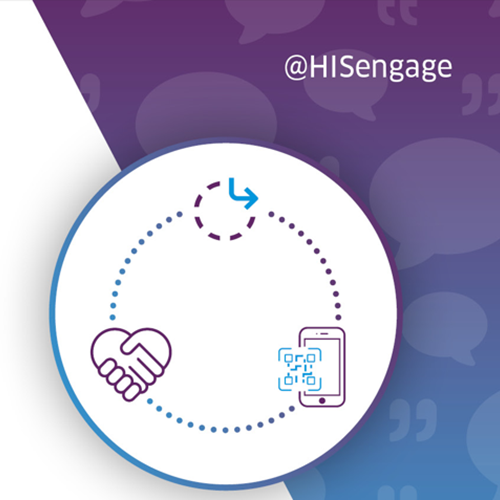Latest Citizens' Panel Report
Healthcare Improvement Scotland - Community Engagement reports on public views on public engagement in health and social care, COVID-19 vaccination programme inclusion, and COVID Status Certification.
HIS-Community Engagement has published its latest Citizen’s Panel report. The report was commissioned by Scottish Government.
This report details the findings from the ninth Panel survey which collected feedback between January and April 2022. The questions were on three different topics:
- Public engagement in health and social care service design and change
- COVID-19 vaccination programme inclusion, and
- COVID-19 Status Certification.
A total of 507 responses (53% response rate) were received, either by post, email or by telephone. This level of return provides data accurate to +/-4.8% at the overall Panel level. In this report we do not report results broken down into sub-categories, for example, gender or age, as they are not statistically significant. All comparisons made in this report are statistically significant, unless otherwise stated.
Below are some findings from this report. Please note these are only excerpts from the findings. For the full findings and recommendations based on these findings please read the full report, available at the link at the end of the page.

Public Engagement in health and social care service design and change
Just under one quarter of respondents said that ‘yes’ they were aware that people across Scotland have the right to get involved in the design and delivery of new health or social care services, and to comment on changes to existing services, beyond giving feedback through the Citizens’ Panel.
The aspects that matter most to respondents about being involved in the design of new health or social care services or changing existing services were: being able to improve local services (65%), knowing that feedback could lead to changes and inform decision making (56%) and having a say on health and social care issues that matter to them (45%).
COVID-19 vaccination programme inclusion
The most common method of being informed about their COVID-19 vaccine was by being notified about the appointment through a blue letter in the post. This was the case for all three vaccines, with 57% of respondents noting this was how they were informed about their first vaccine, 54% for the second vaccine and 40% for the third vaccine.
Overall, 89% of respondents stated that they think the COVID-19 vaccination programme in Scotland was either very accessible or somewhat accessible, compared to just 3% who stated that they believed it to be either somewhat inaccessible or not accessible at all.
COVID Status Certification
When asked the extent to which they agreed or disagreed with several statements about COVID Status Certification, respondents were most likely to state that they agreed that:
- COVID Status Certification makes places, spaces and events safer to visit (70% strongly agree or agree).
- I trust how the COVID Status Certification scheme uses my data and information (50% strongly agree or agree).
Respondents were more likely to either disagree or strongly disagree with the following statements:
- I am concerned about using COVID Status Certification (56% disagree or strongly disagree)
- Certification unfairly prevents people from doing things they want to do (56% disagree or strongly disagree).
Most respondents (79%) said COVID Status Certification has not had any influence on their decision to get vaccinated.
